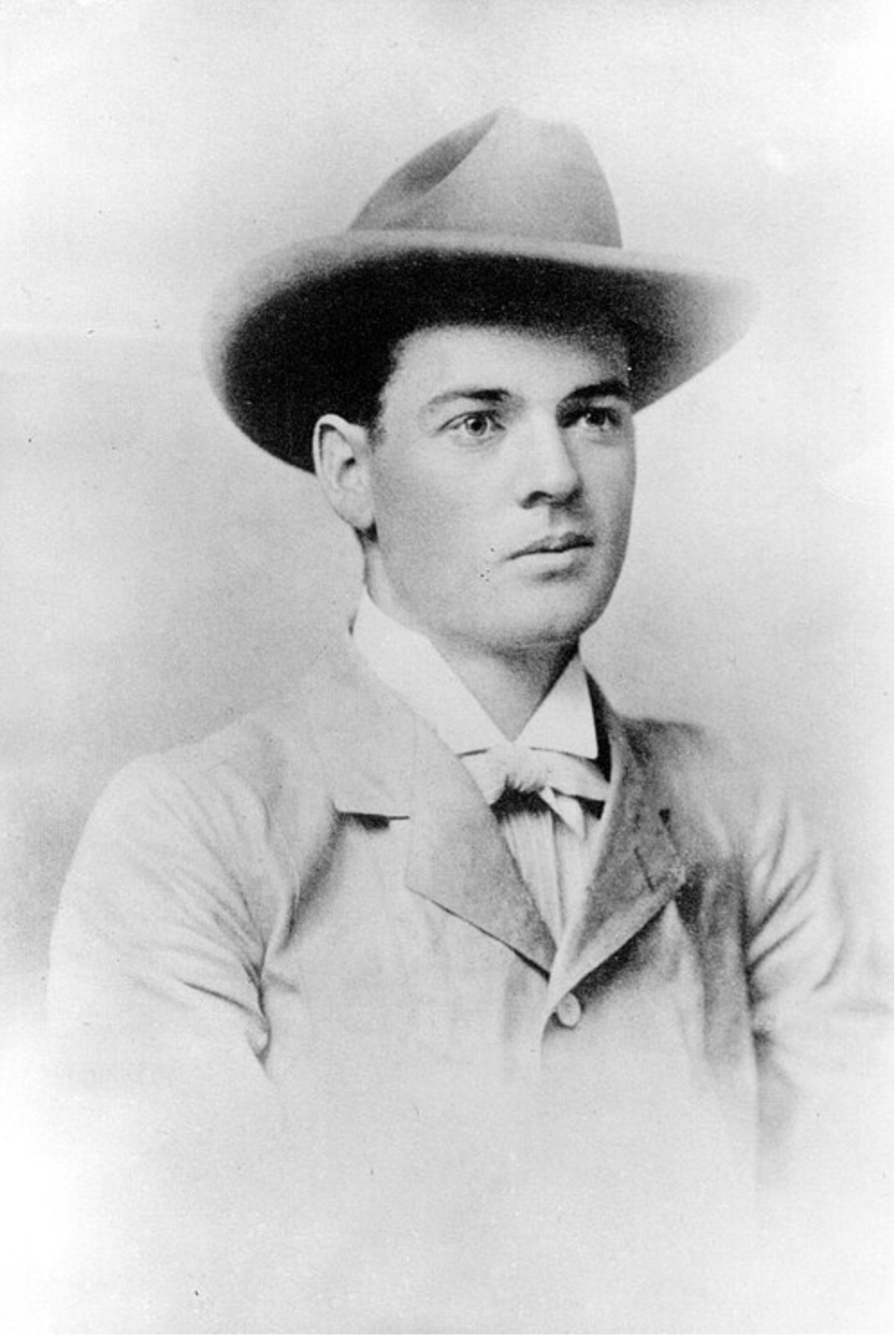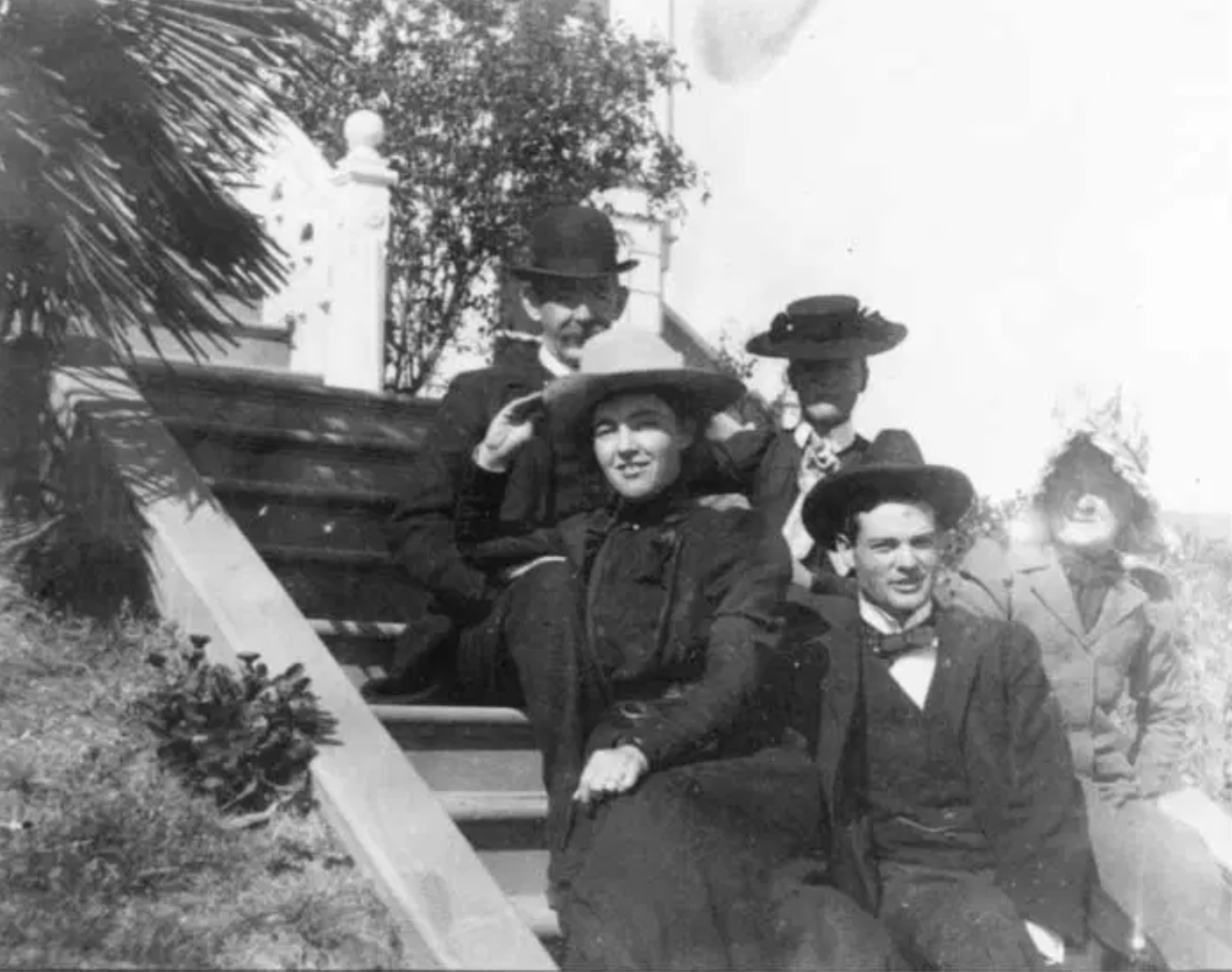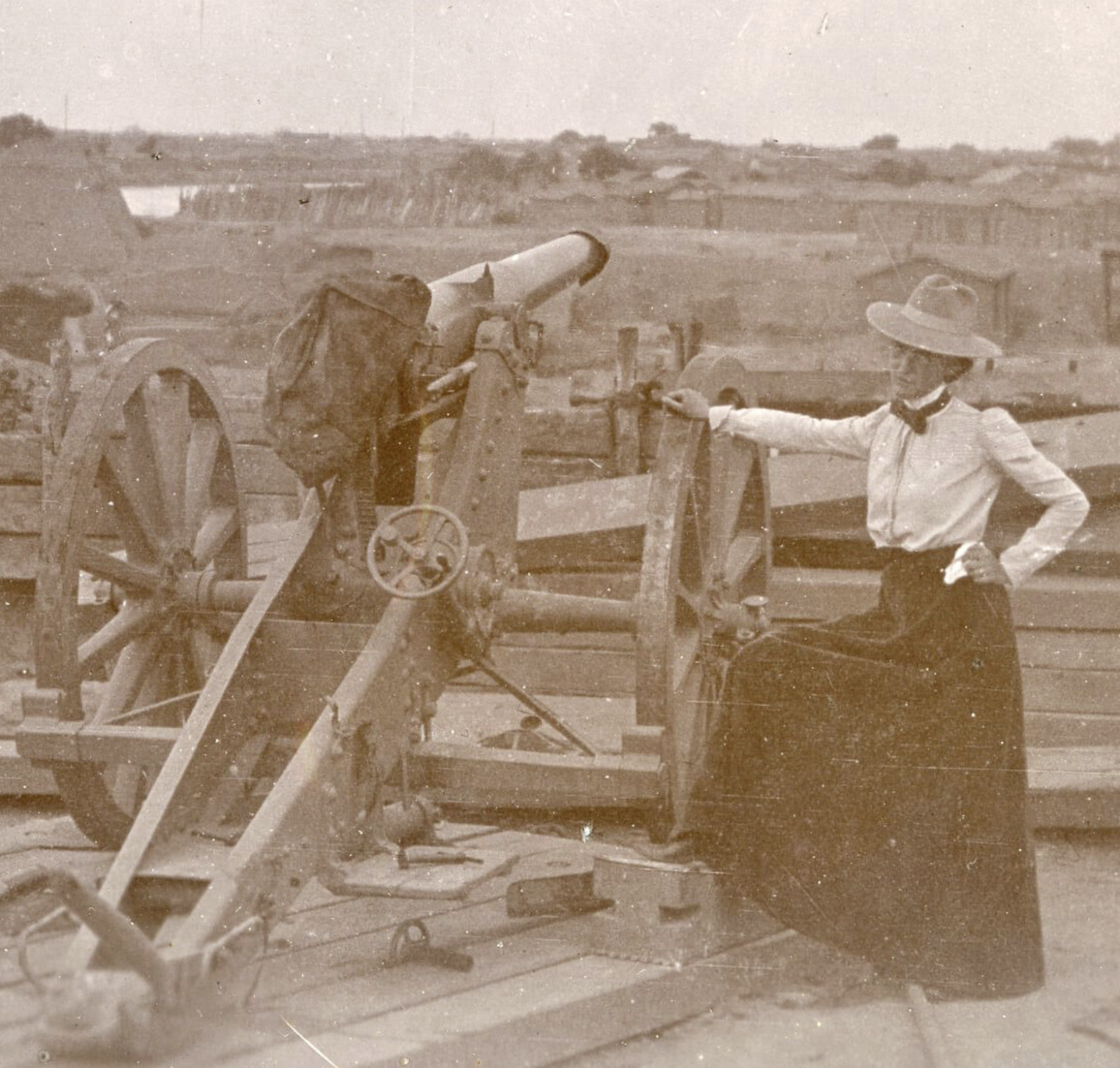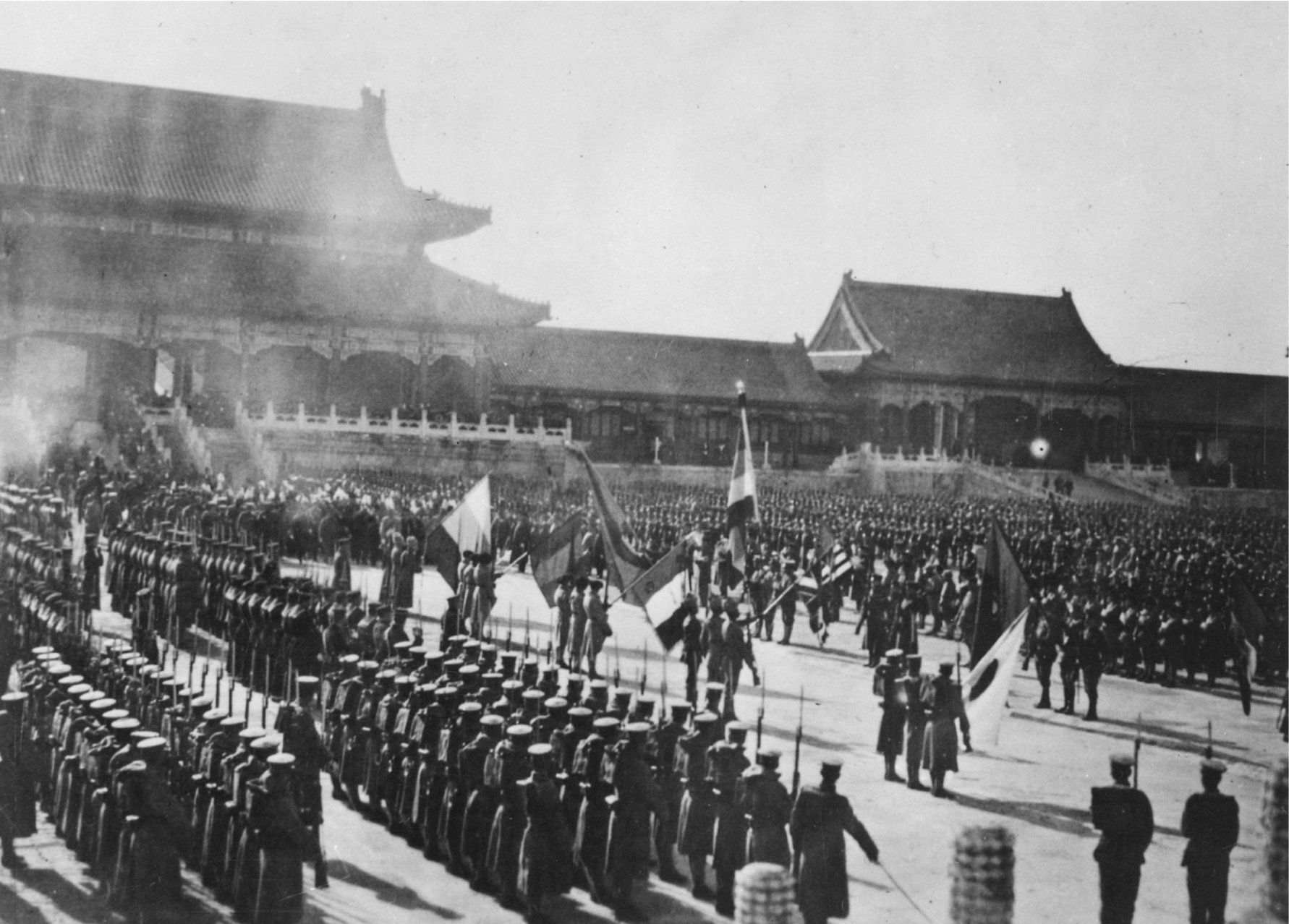The Hoovers and China
A U.S. President’s Close Ties with China
By Nolan Rettig
Although Herbert Hoover is known today for his presidency, the first forty-six years of his life had nothing to do with politics and were instead dedicated to working as a mining engineer and philanthropist. As novel of a background as this was for a president, it only hints at the adventure and hardship that he and his wife experienced before making it to the White House. Despite Herbert and his fiancee Lou Henry being graduates of Stanford’s inaugural class, they entered the work force during the country’s second worst Depression, leading both to look for work abroad. For Herbert, this meant starting work with a mining firm in Western Australia, whereas Lou Henry worked through the Red Cross to support soldiers of the Spanish-American War. This went on until February of 1899, when Hoover accepted a position in China as chief engineer, immediately after which he cabled Lou Henry to see if she was willing to marry and then move with him to China. She accepted, and they were married in Monterey, later honeymooning in Honolulu. From there, the newlyweds wasted no time researching the language and culture of their new home, and while Herbert gave up mastering the language, Lou was already a polyglot and had little trouble picking up on Mandarin.

Herbert Hoover at 23, just a year before leaving for Tianjin. (Public domain)

Mr. and Mrs. Hoover on their Wedding Day, 1899. (Public domain)

Lou Henry Hoover next to an artillery emplacement. (Public domain)
Settling near Tianjin, both Hoovers were active in the local community; Herbert used his position to advocate for labor reforms that would improve workers livelihoods, while Lou Henry wrote articles relating to geology and the work her husband was doing. Everything changed later that year, however, as it was then the anti-foreign Boxer Rebellion began. Motivated by a half century of mistreatment by foreign empires, the ‘Boxers’ (so called for their association with Chinese martial arts) set about attacking westerners and Chinese converts to Christianity while destroying any property associated with foreigners. Suffice it to say the Hoover’s ran a considerable risk by staying in China, and while Herbert pleaded for Lou to leave the country, she insisted on staying. Fortunately for the Hoovers, a coalition of eight different countries arrived to rescue foreigners stuck in China’s major cities, liberating Tianjin ahead of cities like Beijing. That said, part of the liberation involved defending the city against waves of Boxers, with Herbert contributing to the defense by helping set up barricades while Lou used her Red Cross experience to serve as a nurse and run supplies to those in need, at one point even having the tire of her bicycle shot out. Undeterred, the Hoovers only left China after the rebellion was over and returned in 1901 after Herbert was promoted to operating partner of the company he was with.

Coalition members in the Forbidden City after capturing Beijing, November 28 1900. (Public domain)
Altogether, the Hoover’s time in China amounted to only about two years, yet they were present for one of the most unique flashpoints of the twentieth century; from the fact they were contracted to do work in Imperial China to their being evacuated by a group of countries that would soon be at war with another, the only thing more impressive is that they would also go on to become president and first lady. In fact, while he never became fluent, Herbert’s knowledge of Mandarin was retained through Lou’s instruction, with the couple even using their shared knowledge of the language to carry private conversations in the White House.
